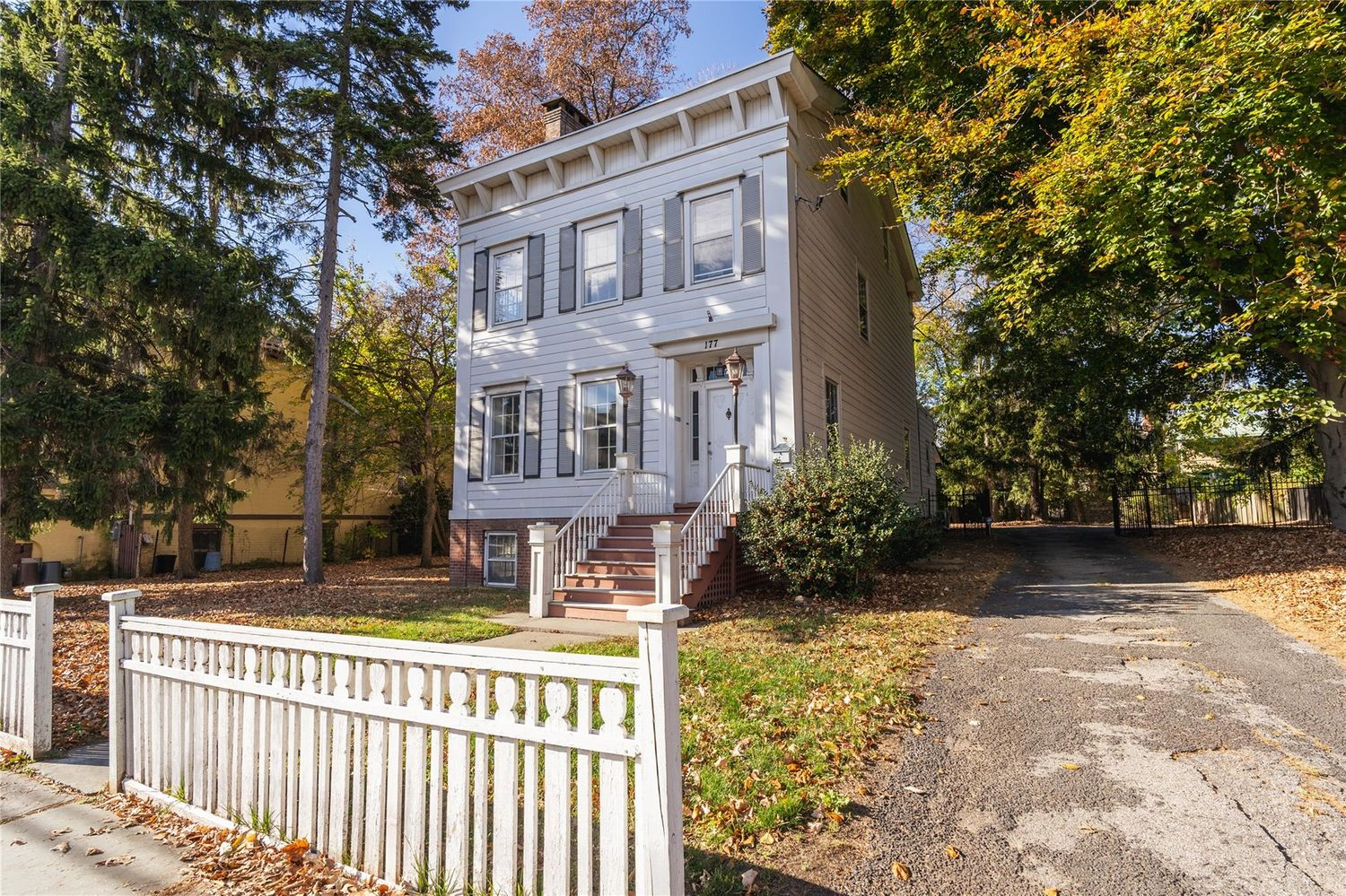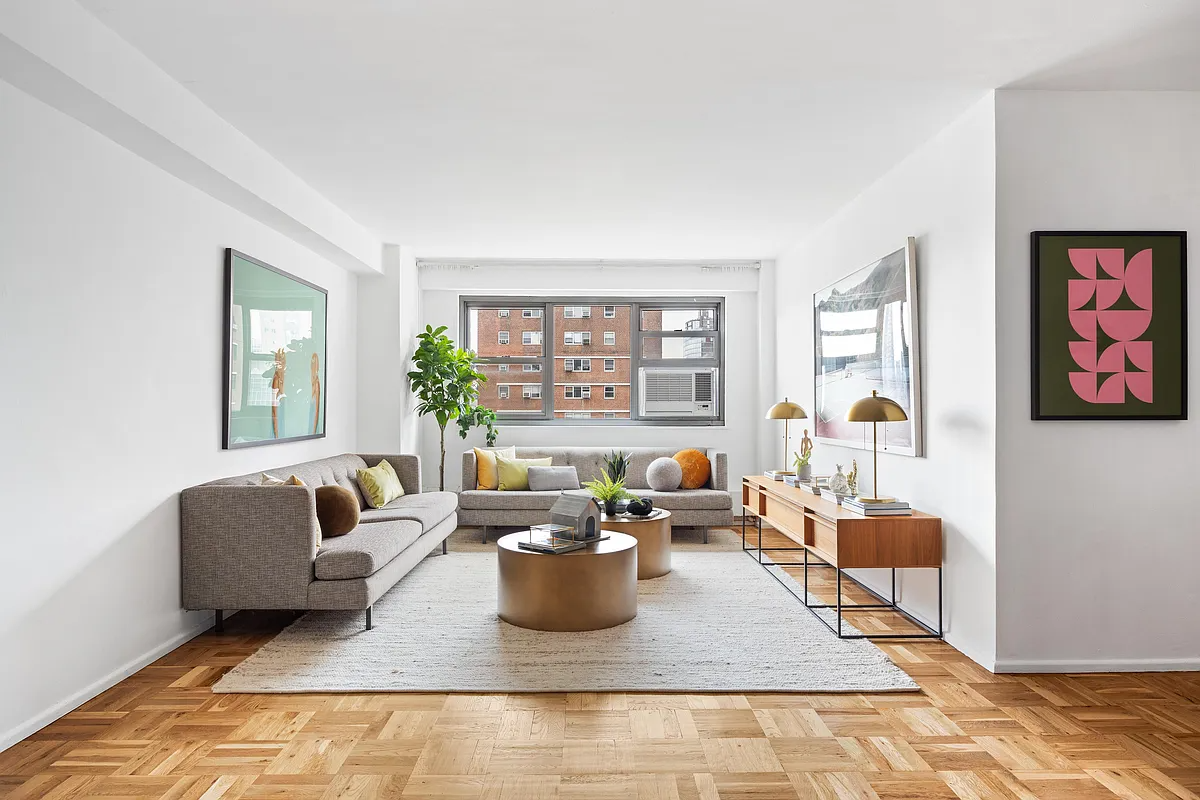February House, the Middagh Street Home of Literary Giants
This post courtesy of Explore Brooklyn, an all-inclusive guide to the businesses, neighborhoods, and attractions that make Brooklyn great. 7 Middagh Street via Ephemeral New York Carson McCullers. W. H. Auden. Paul and Jane Bowles. From 1940 to 1941, these literary giants lived together in a funny little mock-Tudor brownstone at 7 Middagh Street in Brooklyn Heights. And…
This post courtesy of Explore Brooklyn, an all-inclusive guide to the businesses, neighborhoods, and attractions that make Brooklyn great.
 7 Middagh Street via Ephemeral New York
7 Middagh Street via Ephemeral New York
Carson McCullers. W. H. Auden. Paul and Jane Bowles. From 1940 to 1941, these literary giants lived together in a funny little mock-Tudor brownstone at 7 Middagh Street in Brooklyn Heights. And that’s not all: Lotte Lenya and Kurt Weill, Benjamin Britten, two adult children of Thomas Mann, and (wait for it) Gypsy Rose Lee. So how exactly did this artistic dormitory experiment come to be, and why didn’t it last?
The venture was the brain-child of George Davis, an editor for Harper’s Bazaar and later Mademoiselle. Davis rented the house with Carson McCullers, the waifish Georgian novelist who had just burst onto the literary scene at 23 with The Heart is a Lonely Hunter. Next came Auden, the Bowles, Britten, and the others.
And how did Lee end up there? The 29-year-old burlesque performer was also an aspiring writer, and along with her memoir, she did publish two detective novels and a play, under Davis’ tutelage.
 Carson McCullers, W.H. Auden via Wikipedia
Carson McCullers, W.H. Auden via Wikipedia
Not only was the house a bit rickety, and repairs slow to occur thanks to the group’s propensity for drinking, but it was a bit of a soap opera as well. Auden brought with him the young Chester Kallman, to whom he considered himself married, although Chester, alas, did not. It’s just as well, though, as Auden had undertaken a lavender marriage to Erika Mann to secure her a British passport. Britten brought his lover, a British tenor, McCullers spent some time mooning over a Swiss ex of Erika Mann’s, and the Bowles had a platonic relationship which allowed them to explore bisexual affairs outside of their marriage.
 Paul and Jane Bowles via Volume 1 Brooklyn
Paul and Jane Bowles via Volume 1 Brooklyn
The back windows of the house provided views of the harbor and the Brooklyn Bridge, and was eventually dubbed “February House” after the number of tenants born in the month. For all of the drinking, partner-switching, and general chaos (Auden especially was a notorious slob) the artists managed to produce an impressive amount of work. McCullers started writing The Ballad of the Sad Cafe, Lee’s novel The G-String Murders became a runaway bestseller, Jane Bowles began Two Serious Women, and Auden published The Double Man.
 Kurt Weill, Lotte Lenya via Wikipedia
Kurt Weill, Lotte Lenya via Wikipedia
But it was too good to last. Personalities clashed, notably Britten and Paul Bowles. Lee was turned off by the constant drinking, which damaged McCullers’ health irrevocably (she was to have the first of numerous strokes in 1941). The artists began to trickle away one by one, until only Davis was left of the original group. For a few years guests would drop in and out, most famously Richard Wright, but the spirit had gone out of the place. The house was razed in 1945 to make way for the Brooklyn-Queens Expressway.









Comments